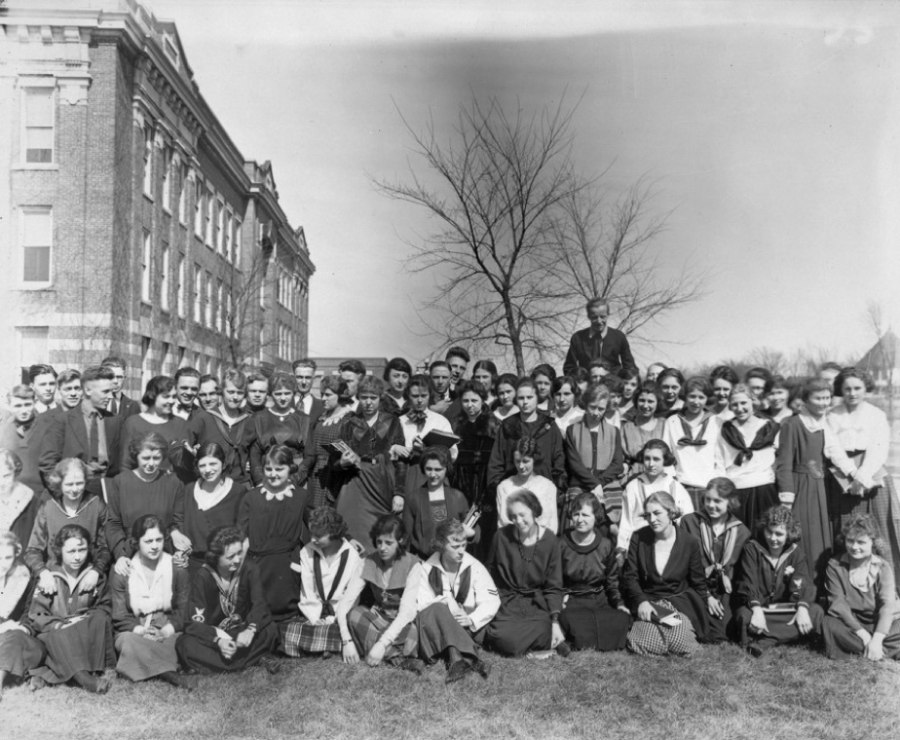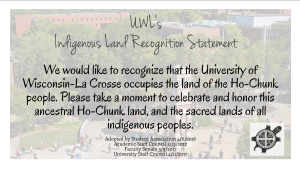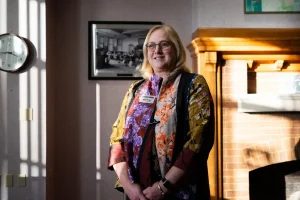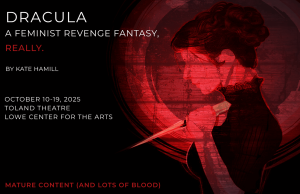La Crosse’s history as a sundown town
February 16, 2020
Sociologist James Loewen, an anti-racism advocate who spoke at the University of Wisconsin-La Crosse in 2016, wrote in his book “Sundown Towns: A Hidden Dimension of American Racism” that “a sundown town is any organized jurisdiction that for decades kept African Americans or other groups from living in it and was thus ‘all white.'”
“Sometimes just the threat of violence sufficed, especially where whites were many and blacks few,” wrote Loewen. “Sometimes no specific act of violence or formal policy oftentimes African Americans were made to feel unwelcome.”
“Towns with successful riots wound up all-white, of course, or almost so, and therefore had an ideological interest in suppressing any memory of black population in the first place, let alone of an unseemly riot that drove them out,” wrote Loewen.
According to Loewen, “Even though sundown towns were everywhere, almost no literature exists on the topic.”
UWL alumni Jennifer DeRocher, who now works as an assistant librarian at the La Crosse Public library, chose to do her history senior capstone research project on La Crosse’s history as a possible sundown town.
DeRocher said that when Loewen first read her paper, “He told me that he didn’t think he agreed, he read my paper, then he said he didn’t think he agreed with it, and so then I was like, ‘ok, that’s fine.'” ‘
She said that eventually, Loewen changed his mind. “I don’t know if he reread the research, I don’t know what made him change his mind,” said DeRocher.
“I was involved with the Hear, Here Project, and one of the interviews I did was with Shaundel Spivey, the story he told is about being racially profiled and arrested,” said DeRocher. “Not only did that story get me thinking, and the research I had to do around that story because I was looking at arrest rates in La Crosse, and I was looking at all this other research, around this story, but then the community’s response, we got backlash at about publishing, was the only two stories with black narrators. There are other stories from people who are pushing back racism in La Crosse, but none of them got complaints.”
DeRocher said she decided to research what in La Crosse’s history built such a racist environment and was directed to Loewen’s book by a history professor.
“I got sucked in right away, James Loewen has a way of writing that he just sucks you in. I was like, oh my gosh, from what I already read about La Crosse, and the way he describes sundown towns, La Crosse could be considered a sundown town,” said DeRocher. “There are historians that define sundown towns differently than him, and those are the historians that disagree with my research. They say that sundown towns were strictly towns that had the sign posted outside of them, and Loewen has a broader definition. He says, ‘you don’t have to have a sign to keep people of color out of your town,’ which is what I agree with, there are plenty of ways to freeze people out, which is what I talked about in my research.”
“I wouldn’t have been able to do my research if historian Bruce Mouser, hadn’t written his book, ‘Black La Crosse, Wisconsin, 1850-1906: Settlers, Entrepreneurs & Exodusers,’” said DeRocher. “A lot of his research guided me a lot on studying the story, why La Crosse can be argued [as] a sundown town.”
Dr. Bruce Mouser, who taught history at UWL, passed away in December 2019.
“In my research I also found stuff about UWL. There were newspaper articles from the 80s and 90s talking about how white UWL is. This has been in conversation for a long time, not just recently,” said DeRocher. “I used that in supporting La Crosse [as] a sundown town because the university, which should have a more diverse community, doesn’t have a more diverse community than the local community. Usually, universities add to the diversity of the town, but UWL doesn’t do that for La Crosse.”







Eric • Oct 24, 2024 at 8:27 am
I am a white man who had a half black girlfriend in the early nineties.
We had to write to Perkins corporate because of the inexplicable treatment by our waitress.
Stared at by every other patron at restaurants. We even were not able to eat at Embers without being harassed by complete strangers. We got our money back. I could go on.